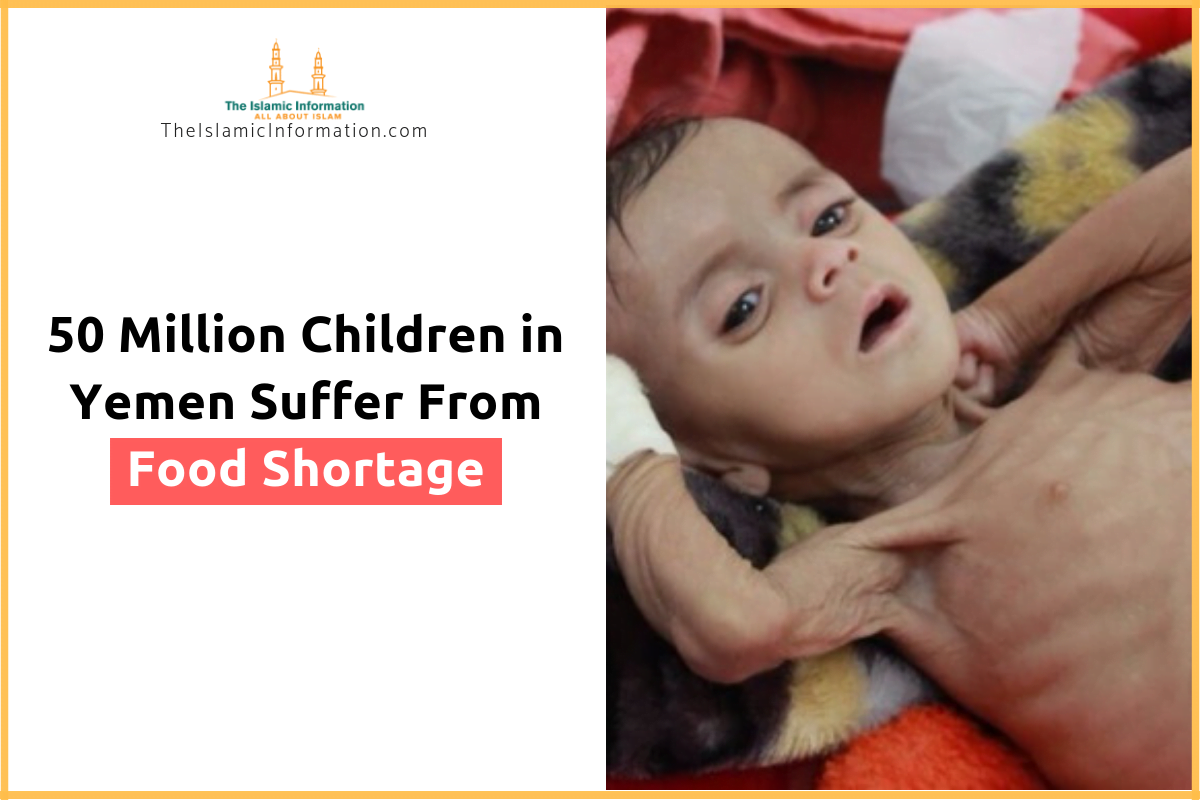Cena: International non-governmental organization has warned that the ongoing civil war in Yemen has a population of 50 million children suffering from severe food shortages, which leads to death threats.
According to a report published in Dawn, Saudi Arabia and the UAE joint coalition started a war against Iran-backed Haiti rebels in the year 2015.
According to the United Nations International Organization (UNICEF), Yemeni population consisting of 2 million and eight million people is suffering from the worst humanitarian crisis, where 84 million people are hungry and hunger, while 2 million people But depend on
“We do not know how many more time they will eat,” said Mr. Tharung, head of the Saeedi International International.
He said that the entire generation of Yemeni children is suffering from serious problems including bomb, hunger and deadly disease.
This reference was told that there was more intensity in the prevalent human crisis in Al-Hadeed, because in the meantime delivery of relief goods has become very limited.
According to them, ‘Delivering relief from the honeymoon, including food and fuels obstacles will result in food shortages’.
It is clear that Al-Qaeda is the port of Yemen which controls the rebels and its allies, including Saudi Arabia, have been a siege.
On the other hand, a New York Rescue Committee told reporters that Yemen’s situation in human crisis is very delicate.
Former British Foreign Minister quoted Yemen’s 3-day establishment, saying that the problems of the Allies and the rebels are being constantly replaced with the worst situation, so the parties declare warranty for peace talks.
UNICEF reported in its report that 20 of the 20 children undergoing treatment in the Sabin hospital ward are less than 2 years old, these are also in thousands of children who suffer severe food shortages in the last three years.
He further said that more than 100 million children of Yemen and 80 percent of the children under 18 years of age under the age of 18 are serious threats due to lack of food, diseases, and basic needs.
Subscribe to our channels on WhatsApp, Google News, Facebook and Instagram.Discover more from The Islamic Information
Subscribe to get the latest posts sent to your email.












